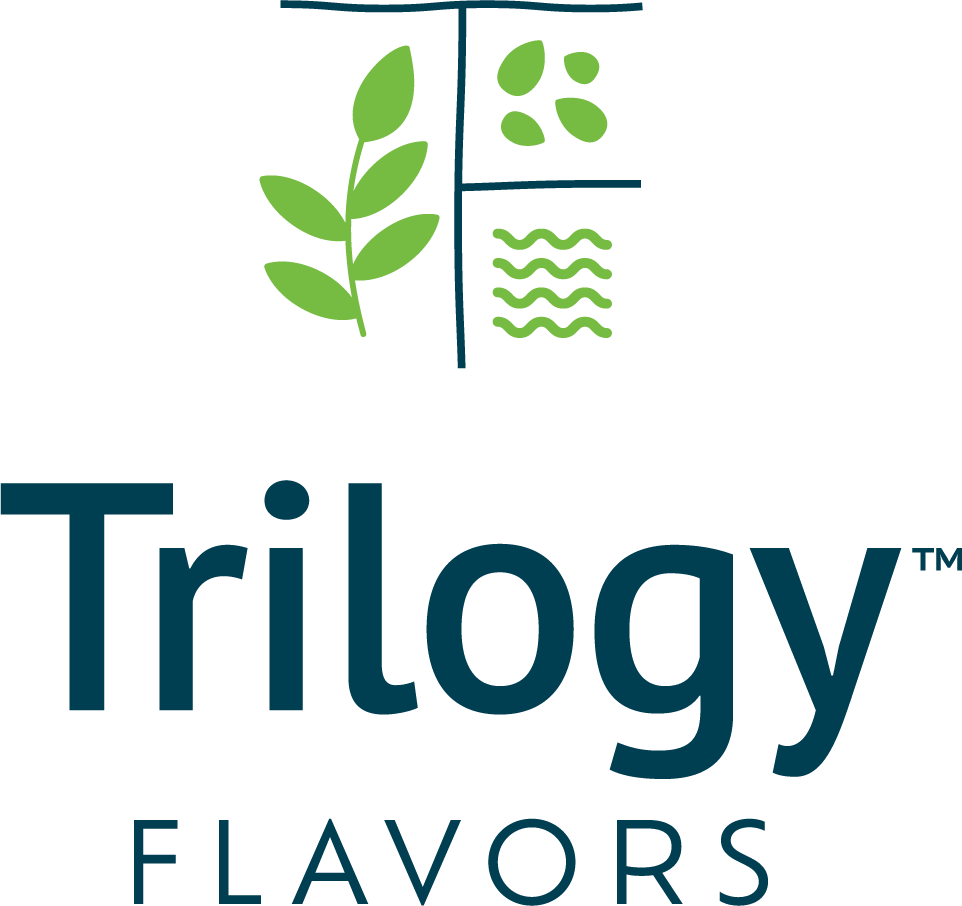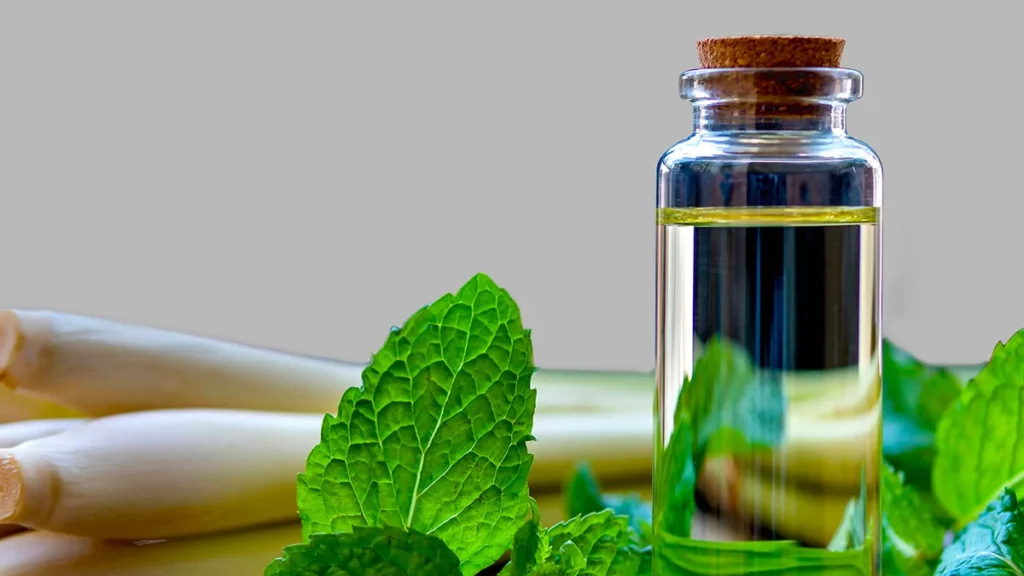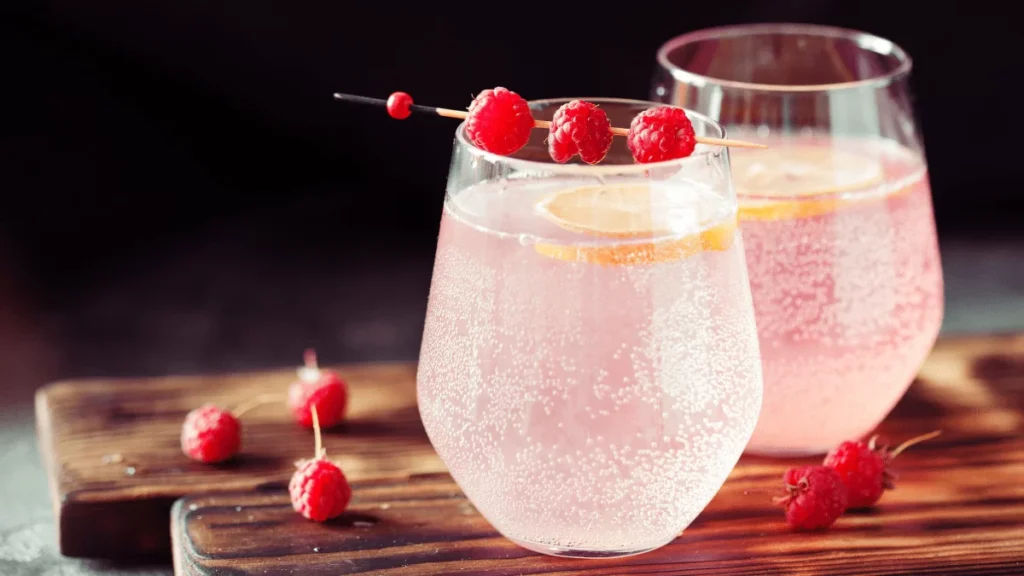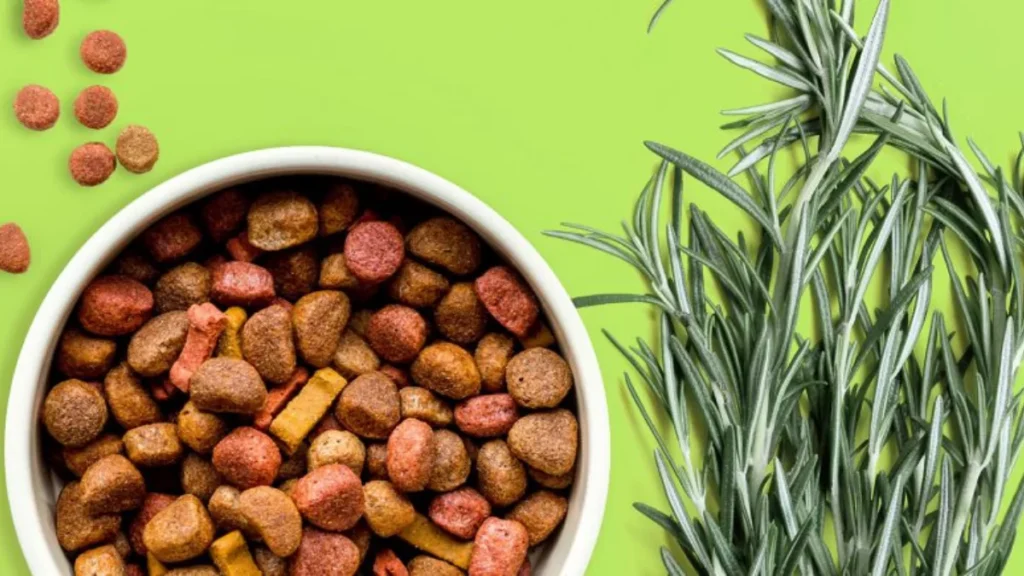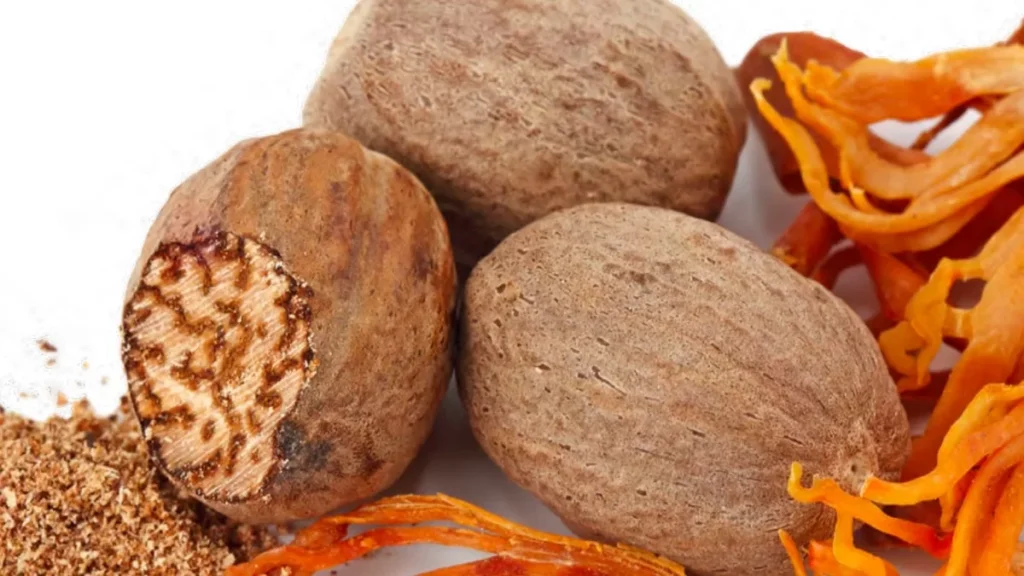In today’s rapidly evolving food landscape, sustainability is more than just a buzzword—it’s a driving force behind innovation across the industry. From ingredient sourcing to production practices, food and beverage manufacturers are rethinking how their products impact people and the planet. At the heart of this movement lies a crucial yet often overlooked element: Sustainable Flavor.
Sustainable flavor development is about more than creating great taste—it’s about doing so in a way that supports environmental health, ethical sourcing, and long-term food system resilience. As consumer demand for transparency and eco-conscious choices grows, manufacturers are seeking partners who understand how to blend flavor science with sustainability.
At Trilogy Flavors, we believe that flavor can be both extraordinary and responsible. Our team of experienced scientists and flavorists are at the forefront of crafting natural flavor formulations, liquid seasonings, and reaction flavors that not only elevate taste but also align with sustainable goals. In this article, we’ll discuss the challenges and opportunities that come with developing sustainable flavor—and how innovation is paving the way for a more deliciously responsible future.
Additional Reading: What Does Organic Natural Flavors Mean?
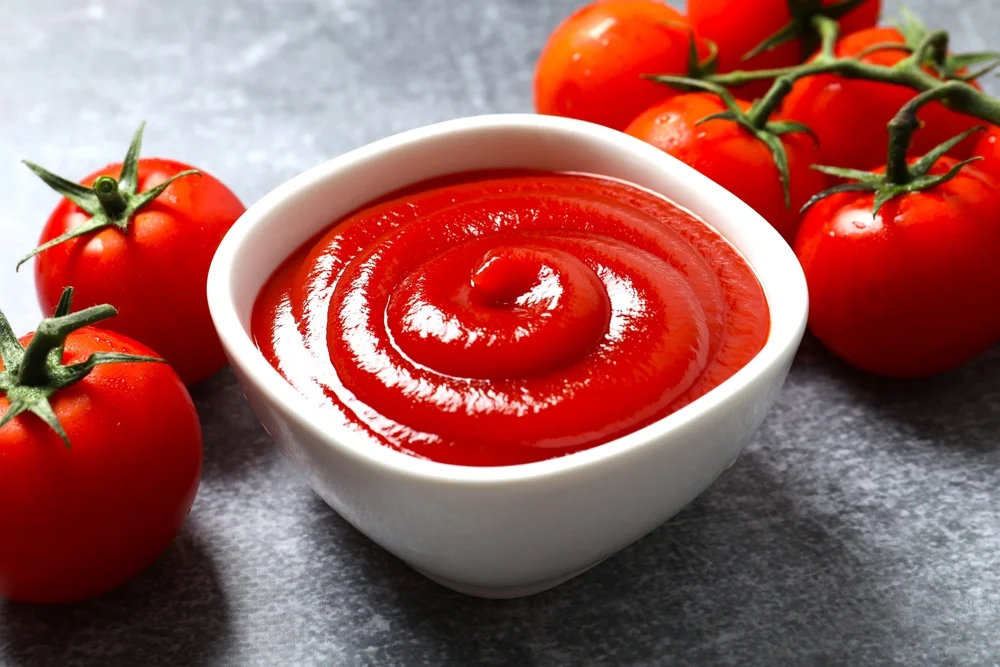
What Is Sustainable Flavor?
Sustainable flavor refers to the development of taste solutions that are not only delicious but also environmentally and ethically responsible. It encompasses a wide range of practices—from using renewable or upcycled ingredients to minimizing the environmental footprint of production processes.
At its core, sustainable flavor is about creating long-term value—for consumers, for producers, and for the planet.
Unlike traditional flavor development, which may rely on synthetic components or resource-intensive methods, sustainable flavor focuses on natural, traceable, and more eco-friendly alternatives. This includes leveraging plant-based ingredients, responsibly sourced raw materials, and low-impact production techniques.
For manufacturers, adopting sustainable flavor solutions means taking a closer look at every step of the flavor journey:
- Where do ingredients come from?
- How are they processed?
- What’s their impact on ecosystems and communities?
Natural flavor formulations, such as those developed by Trilogy Flavors, are key to answering these questions with confidence. Whether it’s crafting rich reaction flavors that mimic savory depth without animal byproducts, or developing clean-label liquid seasonings from sustainably grown herbs and spices, the future of flavor is rooted in responsibility.
As sustainability becomes a guiding principle across the food and beverage industry, the role of flavor is evolving. It’s no longer just about pleasing the palate—it’s about making every bite and sip part of a more sustainable food system.
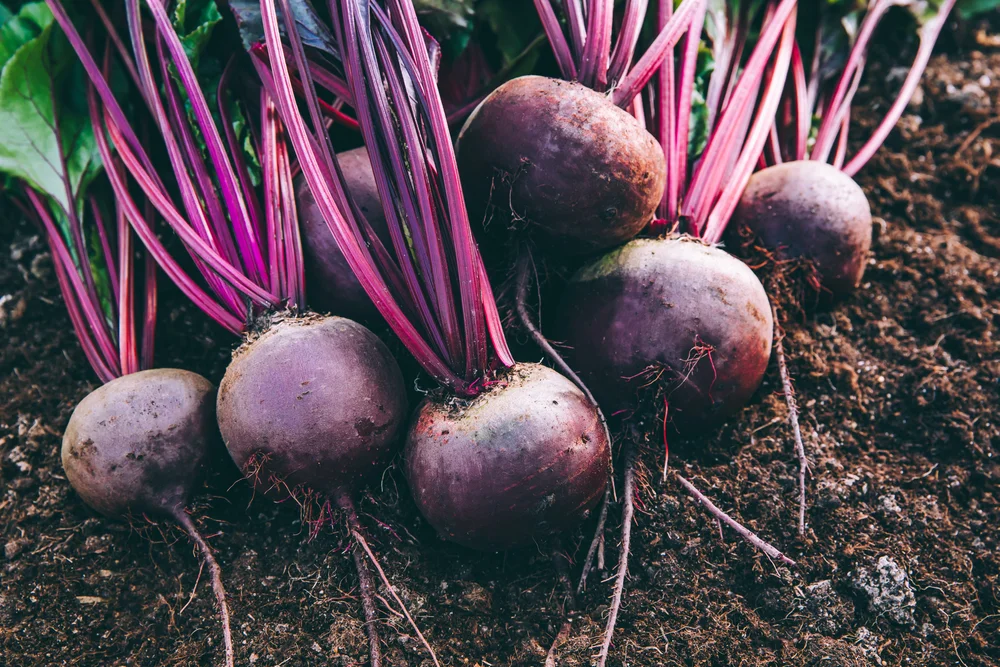
Key Challenges in Developing Sustainable Flavor
While the demand for sustainable flavor solutions continues to grow, the journey toward creating them is anything but simple. Behind every responsibly sourced, clean-label product lies a complex web of considerations—from ingredient availability to cost, scalability, and regulatory compliance. Here are some of the key challenges flavor developers and manufacturers face:
1. Sourcing Constraints
Sustainable flavor starts with sustainable ingredients—but finding consistent, high-quality sources can be a major hurdle. Climate change, deforestation, and over-harvesting have made many natural ingredients harder to obtain.
For example, vanilla and citrus crops are increasingly vulnerable to extreme weather and disease, while the demand for ethically sourced spices and herbs far exceeds supply. These sourcing challenges can limit the availability of essential building blocks for flavor creation.
2. Cost vs. Sustainability
There’s no denying that sustainable ingredients and processes often come with a higher price tag. In a competitive market, manufacturers must weigh the added cost of sustainability against budget constraints and pricing strategies. Achieving that balance—where flavor remains premium, sustainable, and cost-effective—is one of the industry’s most pressing dilemmas.
3. Consistency and Scalability
Natural ingredients tend to vary by harvest, region, and even batch. That variability poses a significant challenge for flavor consistency, especially in large-scale production. Creating a sustainable flavor that tastes exactly the same from one batch to the next requires advanced formulation techniques and deep technical expertise—something Trilogy Flavors specializes in.
4. Regulatory and Certification Hurdles
Sustainability doesn’t just happen—it has to be proven. Navigating certifications like USDA Organic, Fair Trade, or Non-GMO Project Verified can be time-consuming and expensive. In addition, increasing demands for supply chain transparency and labeling compliance make it essential for flavor houses to work closely with manufacturers to meet both regulatory and consumer expectations.
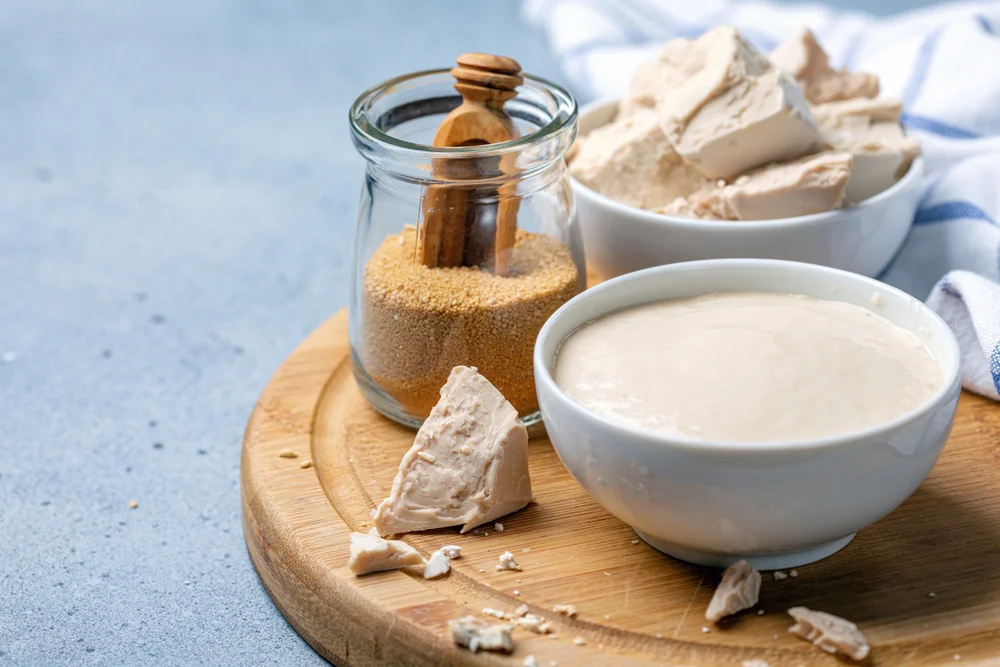
Opportunities Driving Innovation in Sustainable Flavor Development
While the road to sustainable flavor is filled with challenges, it’s also brimming with exciting opportunities. From cutting-edge science to creative use of overlooked ingredients, the flavor industry is experiencing a wave of innovation driven by the desire to do better—for people, for the planet, and for future generations.
1. Biotechnology and Fermentation
Advancements in biotechnology are opening up bold new possibilities in sustainable flavor creation. Through techniques like precision fermentation, scientists can produce flavor compounds that traditionally came from resource-heavy or environmentally sensitive sources. Think: vanilla flavor without vanilla beans, or savory notes without animal products. These methods offer cleaner production, greater consistency, and a significantly smaller environmental footprint.
2. Upcycled Ingredients and Food Waste Reduction
One person’s waste is another’s flavor opportunity. The industry is increasingly turning to upcycled ingredients—byproducts from food processing that would otherwise go to waste—to create bold, natural flavors. Citrus peels, spent grains, and coffee cherry husks are just a few examples of materials that can be transformed into flavorful, functional ingredients. It’s a win-win for sustainability and sensory appeal.
3. Plant-Based Flavor Innovation
As plant-based products become mainstream, the demand for plant-powered flavor is soaring. But consumers still crave the complexity of traditional flavors—like umami, smoke, or meatiness—without the environmental cost. This is where reaction flavors come into play. By harnessing natural, plant-derived ingredients and sophisticated Maillard reaction processes, flavor developers can recreate indulgent, savory profiles that are entirely animal-free and sustainable.
4. Consumer Awareness and Market Differentiation
Sustainability isn’t just a behind-the-scenes value anymore—it’s a key selling point. Today’s consumers actively seek out brands that align with their values, especially when it comes to transparency, ethical sourcing, and environmental impact. For food and beverage companies, leveraging sustainable flavor isn’t just good for the planet—it’s a smart business strategy that builds trust, loyalty, and market differentiation.
Additional Reading: Future Directions in Flavor Development: Sustainability and Health Trends
Trilogy Flavors’ Role in Shaping a Sustainable Flavor Future
At Trilogy Flavors, sustainability isn’t just a trend—it’s a philosophy that guides every step of our flavor creation process. We believe that great taste should never come at the expense of the planet, and our scientists are continually pushing the boundaries of what’s possible in sustainable flavor development.
Expertise in Natural and Clean-Label Solutions
Trilogy has long specialized in natural flavor formulations and liquid seasonings that deliver bold, authentic taste without artificial additives. Our focus on clean-label innovation means our clients can offer products that align with today’s consumer expectations—transparency, simplicity, and sustainability.
Innovation in Reaction Flavor Systems
Through advanced reaction flavor technology, our team can create complex, savory profiles using plant-based and sustainably sourced ingredients. This allows manufacturers to reduce their reliance on animal-derived or resource-intensive inputs while still achieving the indulgent taste experiences consumers crave.
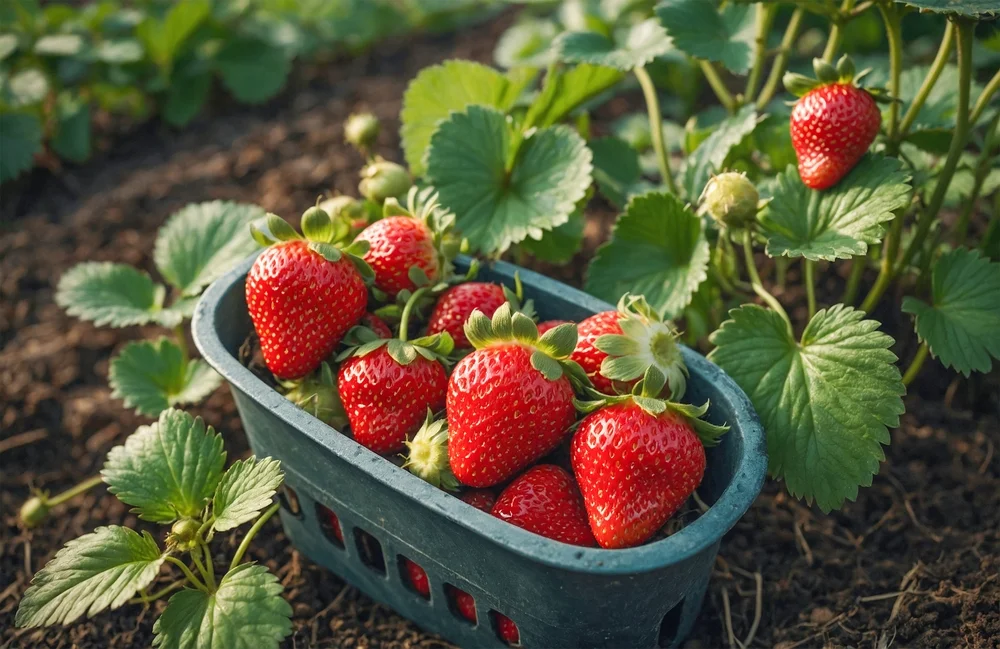
Commitment to Responsible Sourcing
We work closely with a trusted network of global suppliers to ensure our ingredients are ethically and sustainably sourced. From herbs and spices to botanicals and fruit extracts, we prioritize traceability and quality at every level of the supply chain.
Tailored Solutions for Sustainability Goals
Every product and brand is unique—and so are their sustainability goals. That’s why Trilogy takes a collaborative, customized approach to flavor development. Whether a client is looking to reformulate for a cleaner label, reduce their carbon footprint, or explore upcycled ingredient applications, our flavorists work hand-in-hand to develop solutions that are both responsible and remarkable.
Additional Reading: Future Directions in Flavor Development: Sustainability and Health Trends
The Future of Sustainable Flavor
The path to sustainable flavor is complex—but it’s also filled with promise. As the food and beverage industry evolves, the opportunity to reimagine flavor through the lens of sustainability has never been greater. From biotech breakthroughs and upcycled ingredients to cleaner labels and plant-based innovation, it’s clear that sustainability and great taste can go hand in hand.
Still, creating truly sustainable flavor solutions takes more than good intentions—it requires science, creativity, and deep expertise. That’s where Trilogy Flavors thrives. With a legacy of innovation and a forward-thinking approach to formulation, we’re proud to help brands navigate the challenges and unlock the possibilities of sustainable flavor.
Because when flavor is crafted with care—for people, for the planet, and for the future—it’s more than just delicious. It’s transformational.
Ready to explore what sustainable flavor could look like for your brand? Talk with us—let’s create something extraordinary—together.
